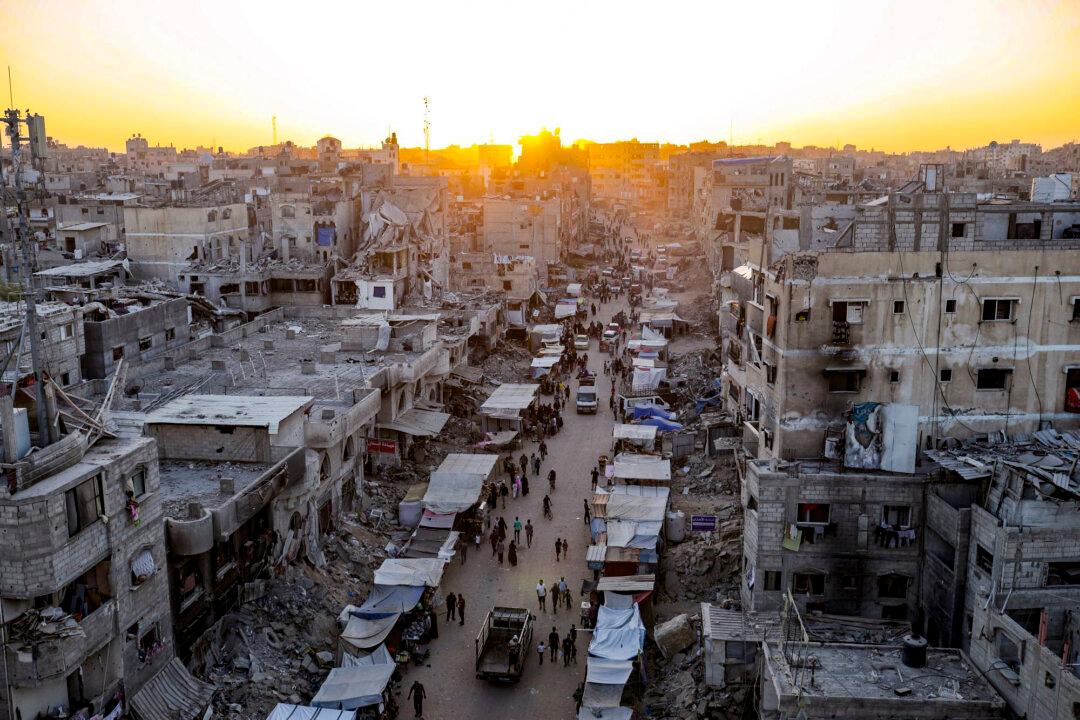Israel and the Hamas terrorist group are inching closer to resuming Washington-led peace negotiations as fighting intensifies both in Gaza and on the West Bank.
The Israel Defense Forces (IDF) on July 5 reported that it was making military progress against Hamas—which controls Gaza—both in Gaza City near the Gaza Strip’s north end and in Rafah in the south.





